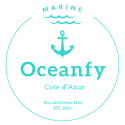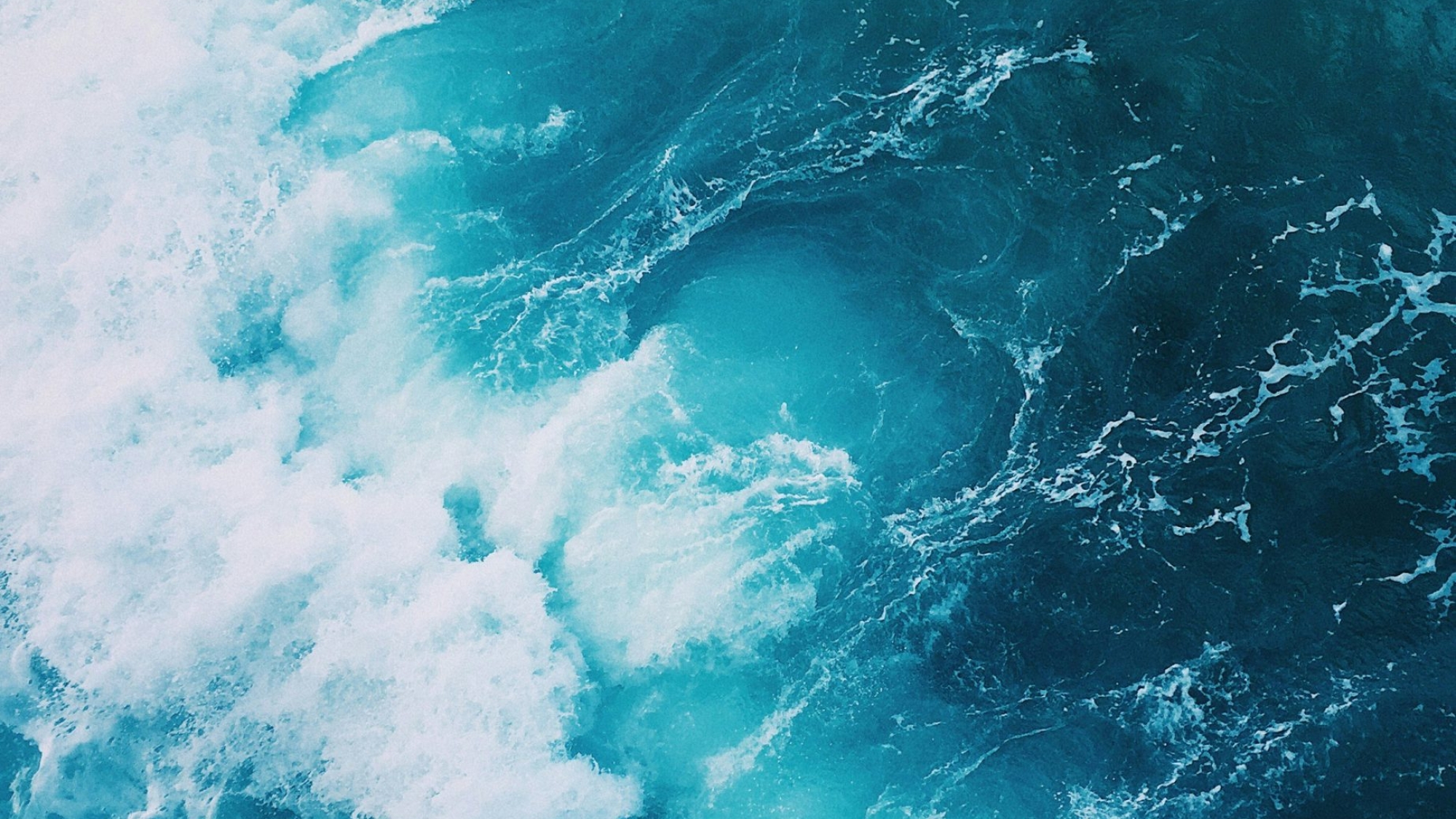Boating along the French Riviera is a breathtaking experience, from the clear waters of Monaco to the scenic coastlines of Saint-Tropez. However, with the privilege of navigating these beautiful waters comes the responsibility to protect them. Adopting sustainable boating practices not only preserves the marine environment for future generations but also helps boaters comply with local and international regulations aimed at reducing ocean pollution. Here are some key ways to keep your boating both enjoyable and eco-friendly on the Côte d’Azur.
1. Practice Responsible Anchoring
One of the biggest impacts boaters can have on marine ecosystems is through anchoring. Anchors and chains, if not carefully managed, can damage fragile marine habitats, particularly seagrass beds like Posidonia oceanica, which are essential for maintaining biodiversity in the Mediterranean.
-
Choose Designated Anchoring Areas: Many areas along the French Riviera have marked zones to protect vulnerable marine life. When possible, anchor in sandy areas rather than seagrass beds, which are crucial for oxygenating the water and providing a habitat for numerous marine species.
-
Use Mooring Buoys: Where available, mooring buoys are a sustainable alternative to traditional anchoring. They are designed to keep boats in place without disturbing the seabed.
2. Opt for Eco-Friendly Cleaning Products
Harsh chemicals commonly used in boat cleaning can cause severe harm to marine life. Chemicals can wash off into the ocean, contaminating the water and harming fish, plants, and other organisms.
-
Biodegradable Cleaners: Choose marine-safe, biodegradable cleaners free from phosphates and bleach. These are effective without causing harm to marine life.
-
Vinegar and Baking Soda: Natural cleaners like vinegar and baking soda are effective at removing salt deposits and grime without polluting the water.
-
Wash Boats Away from the Shore: If you’re cleaning your boat on land, do so away from the shore and drain areas where runoff could enter the ocean, especially in marinas with proper wastewater treatment facilities.
3. Minimize Fuel and Oil Spills
Fuel and oil leaks can significantly damage marine environments and are challenging to clean up once they enter the water. Adopting best practices for fuel use and maintenance can help minimize these risks.
-
Use Fuel Absorbent Pads: Fuel absorbent pads can be placed in your bilge to catch any oil or fuel leaks before they reach the water.
-
Check Your Engine Regularly: Routine engine maintenance can prevent leaks and improve fuel efficiency, reducing pollution.
-
Avoid Overfilling Fuel Tanks: When fueling, be mindful not to overfill, which can lead to spills. Filling up slowly and keeping a pad handy to catch any drips can make a big difference.
4. Practice Waste Management
Marine debris, especially plastics, poses a massive threat to the ocean and its inhabitants. Proper waste management is critical for eco-friendly boating.
-
Carry All Waste to Shore: Never throw waste, including food scraps, into the water. Bring all trash back to shore for disposal and recycling.
-
Avoid Single-Use Plastics: Swap disposable items like plastic bottles and bags with reusable alternatives. Not only does this reduce waste, but it also aligns with sustainable boating efforts along the Riviera.
-
Recycle and Separate: Onboard recycling bins can help sort waste efficiently, especially when docked at marinas that offer recycling services.
5. Use Eco-Friendly Anti-Fouling Paints
Traditional anti-fouling paints often contain harmful chemicals that leach into the water, affecting marine life. Switching to eco-friendly paints can significantly reduce this impact.
-
Choose Copper-Free or Biocide-Free Paints: Copper-free anti-fouling paints are available and can help reduce the spread of toxins. Silicone-based paints, for example, offer protection without the toxic leach.
-
Regular Hull Cleaning: Regular cleaning reduces the need for harsh anti-fouling chemicals by preventing buildup in the first place, keeping your boat’s hull in great shape and your environmental impact minimal.
6. Support Marine Conservation Efforts
Supporting local conservation efforts and organizations can further promote sustainable boating and enhance the marine environment of the French Riviera.
-
Volunteer for Cleanups: Participate in coastal or underwater cleanups organized by local groups. It’s a great way to give back and protect the waters you enjoy.
-
Educate Yourself and Others: Educating fellow boaters on sustainable practices can have a lasting impact. Spreading awareness and sharing knowledge is one of the most impactful ways to support marine conservation.
7. Respect Marine Wildlife
Respect for marine life is essential to eco-friendly boating. Avoid disturbing animals, and keep your distance from wildlife to reduce stress on marine ecosystems.
-
Observe Marine Life at a Distance: Avoid getting too close to wildlife, as close encounters can disturb their natural behaviors.
-
Adhere to Speed Limits: Reducing your speed in designated areas prevents accidental harm to marine animals, such as dolphins, and minimizes wake, which can disturb fragile shorelines.
Conclusion
Sustainable boating practices go a long way in preserving the unique beauty and biodiversity of the French Riviera. By adopting eco-friendly habits—from responsible anchoring and waste management to selecting environmentally conscious products—you contribute to the health of the Mediterranean Sea. At Oceanfy Marine, we’re committed to helping boaters enjoy the Riviera’s waters responsibly. For more information on eco-friendly boating services, feel free to reach out and join us in protecting the waters we all cherish.


Leave Your Comment